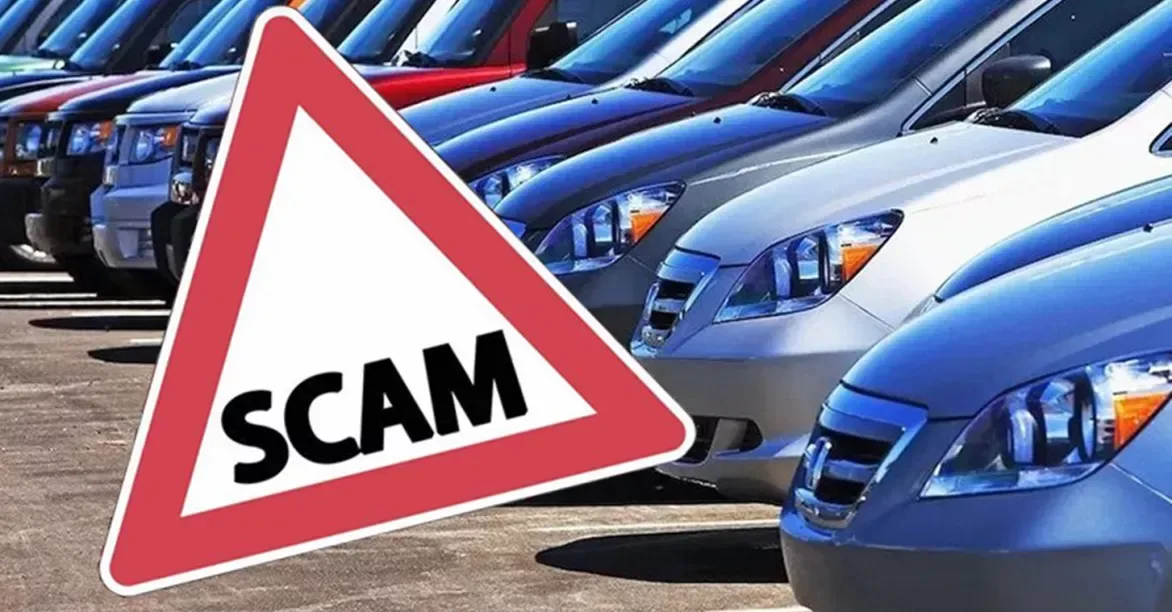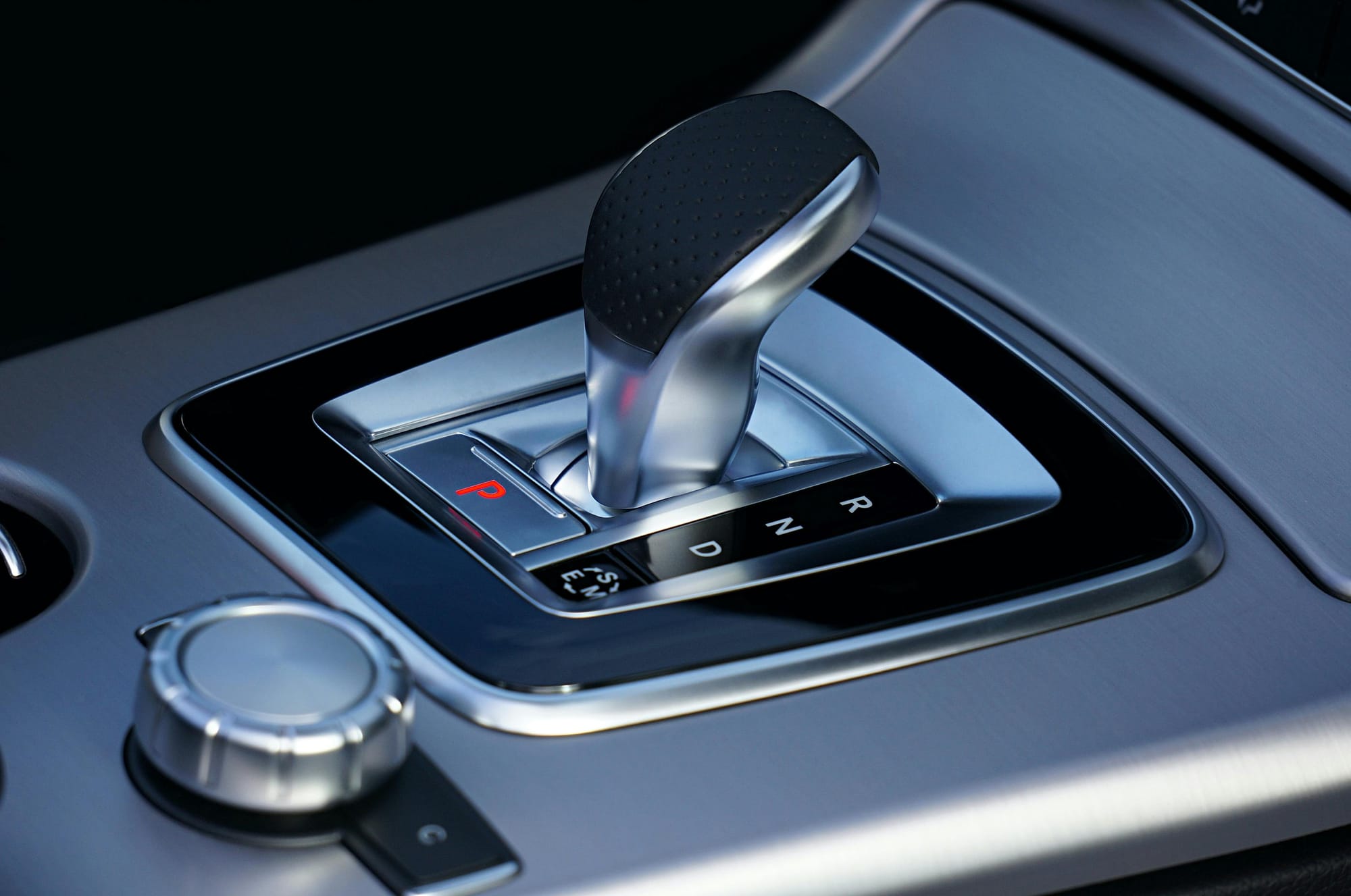Avoiding 9 Common Car Scams in Kenya—and How a Logbook Loan Secures Your Purchase

Buying a car in Kenya—whether brand new or second-hand—can be a thrilling moment. But it’s also a prime hunting ground for scammers. From tampered mileage to fake logbooks, con artists exploit unsuspecting buyers every day.
This guide walks you through 9 of the most common car scams in Kenya, how to spot them early, and how using a logbook loan can act as a shield—especially when dealing with large transactions or financing.
1. Fake Logbooks
This is arguably the most dangerous scam. Fraudsters print convincing fake NTSA logbooks and sell you a car that either doesn’t exist or belongs to someone else.
🚩 How to Spot It:
- Verify the logbook on the NTSA TIMS portal using the registration number and chassis.
- Ask for a search report from NTSA or use third-party services like AutoCheck.
✅ How a Logbook Loan Helps:
Lenders verify the authenticity of the logbook before giving out a loan—ensuring the car is real, unencumbered, and legally owned.
2. Clocked Mileage (Odometer Fraud)
Cars imported from Japan or Dubai often have their mileage reversed to appear newer and more valuable.
🚩 Red Flags:
- Inconsistent wear and tear (pedals, seats) vs mileage.
- No original service records or auction sheet.
- Too-good-to-be-true pricing.
✅ Logbook Loan Bonus:
Reputable lenders do physical inspections. Their due diligence can flag a suspicious odometer reading before you commit.
3. Conmen Impersonating Dealers or Owners
Online platforms are flooded with fake listings—where scammers pretend to be sellers, collect deposits, and vanish.
🚩 What to Watch:
- They pressure you to pay fast “to lock the deal.”
- Refuse face-to-face meetings or delay showing you the car.
- The seller’s ID or location doesn’t match the logbook.
✅ Tip:
If you're using a logbook loan to fund your car, the money goes directly to the verified seller—reducing your chances of being duped.
4. Stolen Cars with Clean Papers
Yes, stolen cars are sometimes sold with cloned or forged documents. Later, NTSA or police may trace and repossess them—leaving you with nothing.
🚩 Prevention:
- Always do a police clearance certificate check.
- Match engine and chassis numbers with NTSA records.
5. Tampered Chassis or Engine Numbers
Criminals grind off original identifiers and stamp in new ones to conceal theft or smuggling.
🚩 Red Flags:
- The engraving looks inconsistent or freshly done.
- Paintwork around the chassis number appears retouched.
6. Hidden Loans or Encumbrances
Some sellers pawn their car via logbook loans, then sell it without clearing the debt. You buy the car—and inherit the debt.
🚩 Solution:
- Always check the encumbrance status on NTSA TIMS.
- Or use a logbook loan to fund the purchase—your lender will only approve cars that are debt-free.
7. "Auction Deals" That Don’t Exist
Scammers promise “quick auctions” from banks, KRA, or port yards. You pay to reserve a car that never materializes.
🚩 Avoid:
- Sites that have no physical address or real customer reviews.
- “Reserved” auction cars requiring a deposit before viewing.
8. Fake Vehicle Importers
You pay for a car from Japan, but it never ships—or it arrives with different specs and damage.
🚩 Tip:
Use trusted importers who are licensed by KRA and listed on the Automotive Association of Kenya (AAK).
✅ Or:
Use a logbook loan to upgrade or replace a bad import with a car already in Kenya.
9. Seller Pull-Outs After Deposit
The seller agrees to sell you the car, collects a deposit, then ghosts you—or sells to someone else for more money.
✅ Smart Alternative:
Buy through a logbook loan-financed transaction where the lender acts as a neutral third party—funds are disbursed only when paperwork is confirmed.
💡 Why a Logbook Loan Secures Your Purchase
Here’s how it protects you:
|
🔐 Feature |
✅ Benefit to You |
|
Verification of Ownership |
Lenders cross-check logbook and seller credentials |
|
Physical Vehicle Inspection |
Ensures specs, mileage, and condition match records |
|
Funds Paid to Seller |
Money moves directly to verified seller—not in cash |
|
Debt Check |
Lenders won’t finance encumbered or fake vehicles |
|
NTSA Portal Checks |
Car must pass ownership and clearance validation |
✅ Final Tips Before You Buy a Car
- Always insist on full NTSA logbook verification
- Never send money without physically viewing the car
- Use a logbook loan to fund or validate the deal
- Read: How to Know If You Qualify for a Logbook Loan
💰 Want to Avoid All These Risks?
Apply for a Kifedha Logbook Loan today and let our vetting process protect you from scammers. We verify the car, disburse directly to the seller, and help you stay safe.
Contact us through our contact form, call us on +254791573231 or visit one of our branches across Nairobi, Kiambu, Machakos, and Kajiado counties to explore your financial options.




Comments ()